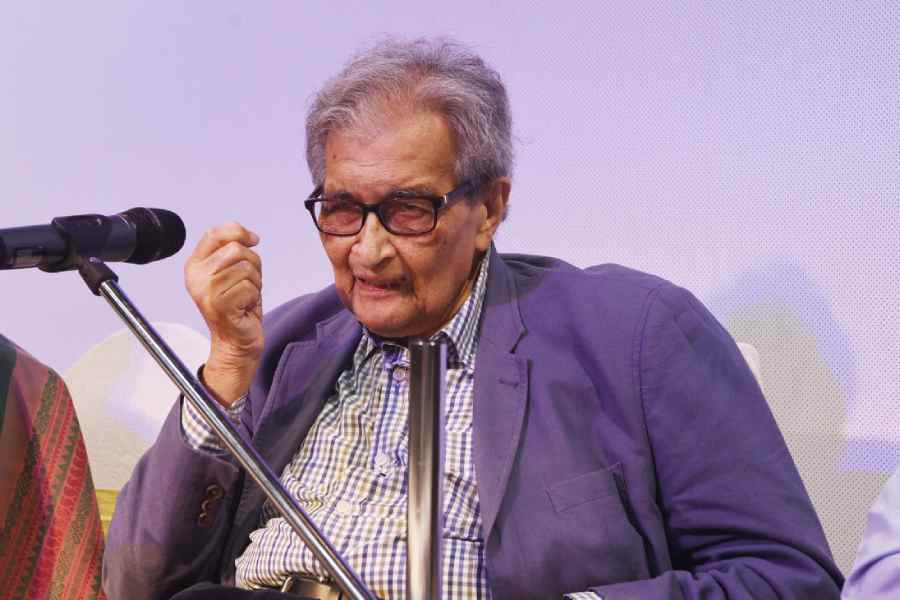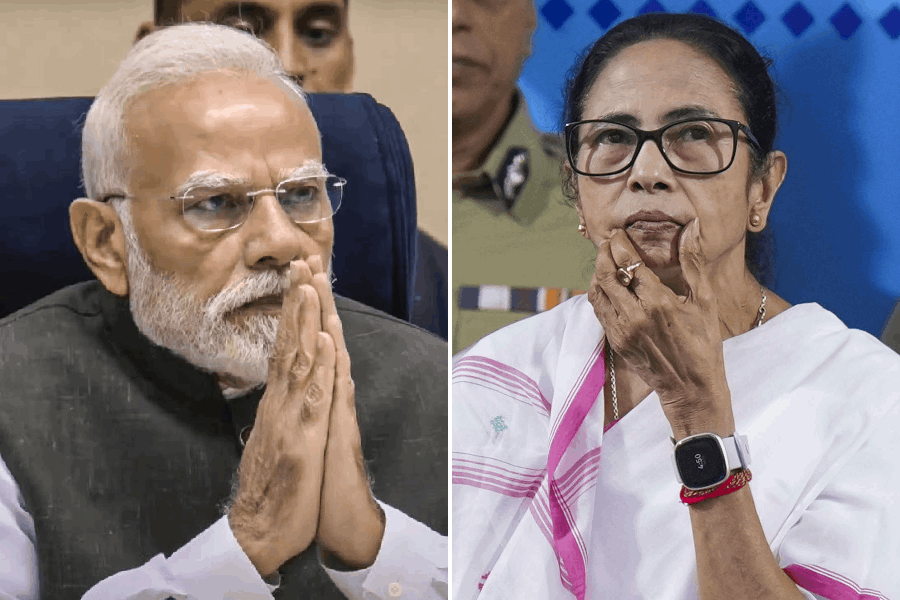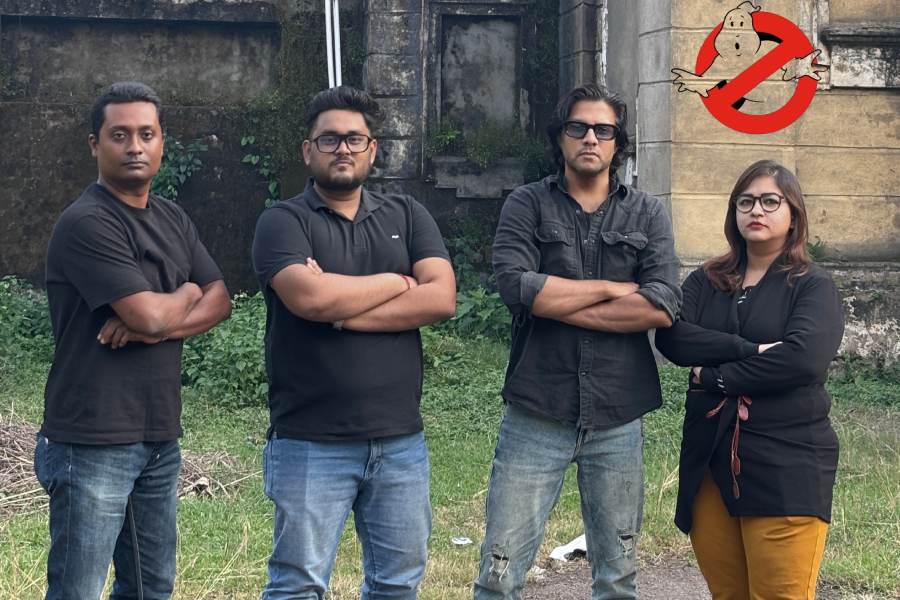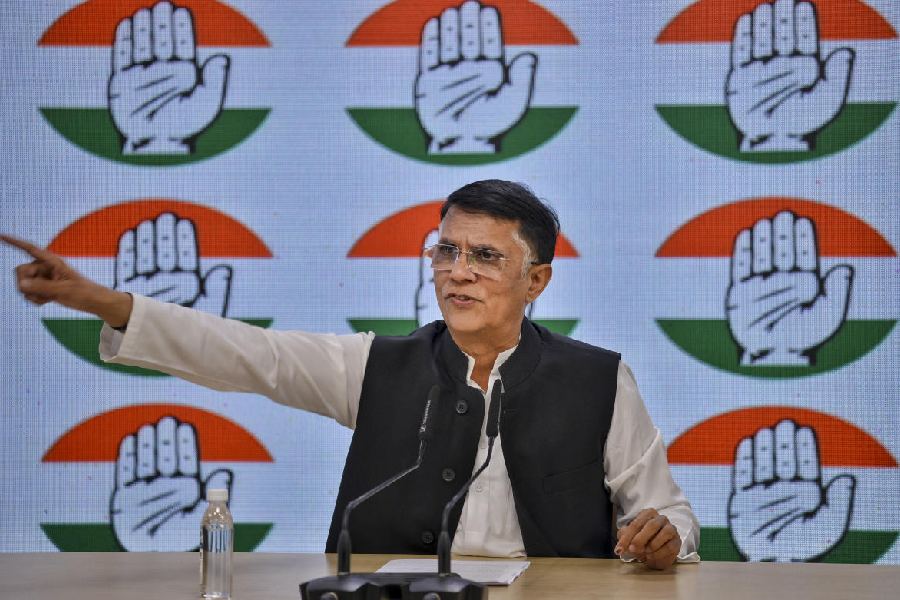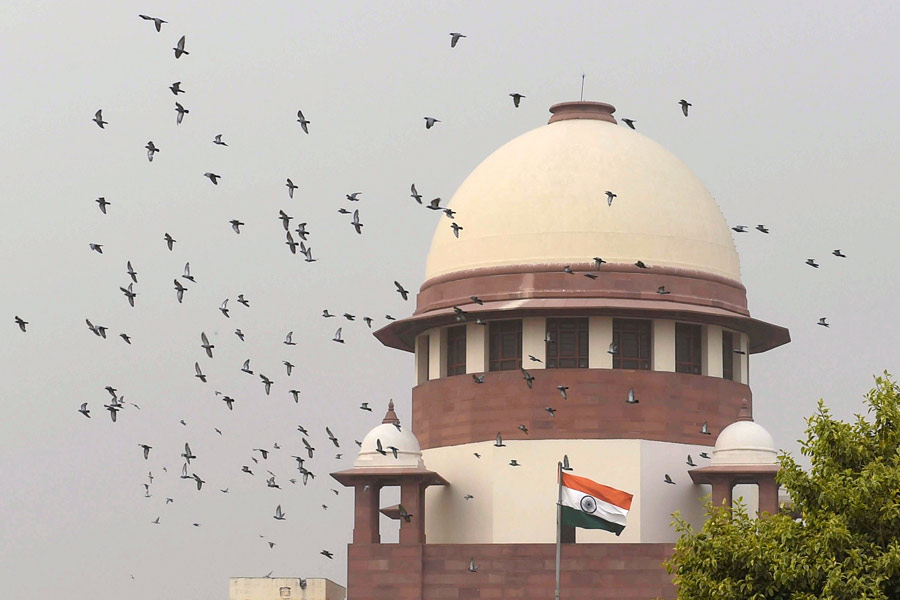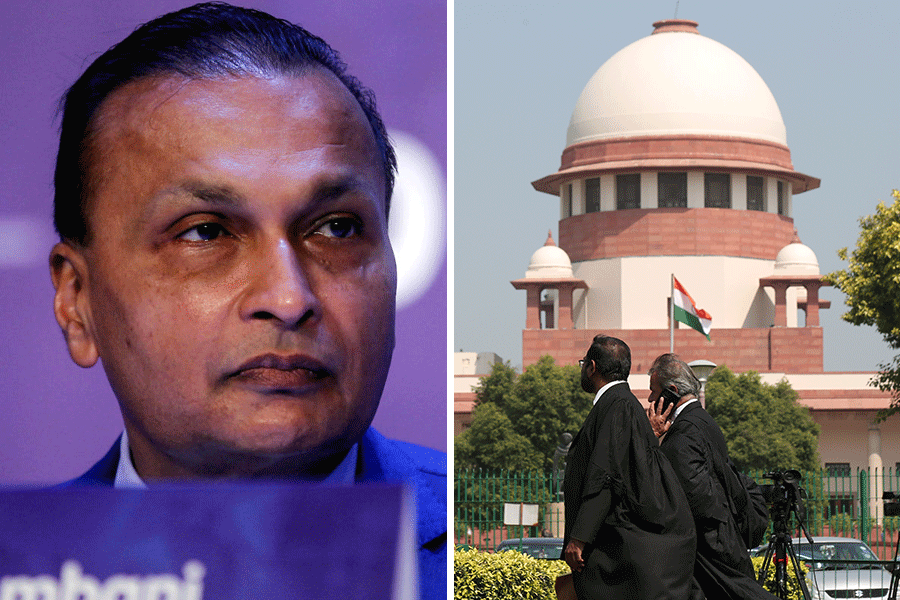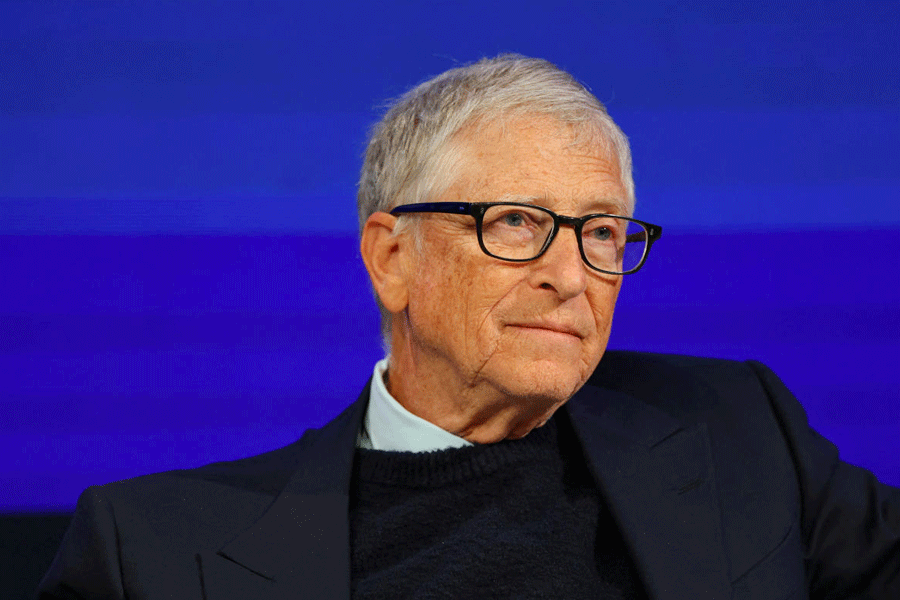Nobel laureate Amartya Sen on Friday playfully asked if it was safe for him to speak in Bengali, before reminding a young audience in the city that he was originally from Dhaka.
“I am from Dhaka and I do not have much of a problem if I am sent there,” Sen said during a public discussion on youth and social opportunities at the Amartya Sen Research Centre in Salt Lake.
He touched upon themes ranging from linguistic prejudice to communal harmony, and criticised the Election Commission’s special intensive revision (SIR) of voter rolls.
Bengali targeted
“I read in the newspapers that someone was sent to Bangladesh for speaking Bengali. I was worried,” Sen said. Later, when asked by journalists about people being labelled Bangladeshi for speaking Bengali, Sen quipped: “Should I answer in Bengali?”
He did. “Bangla shobbhota’r nana goon achey jegulo amader morjada ditey hobey. Jekhaney taar ultota hochhe, shekhaney boro bhabey protibaad kortey hobey (There are many virtues of Bengali civilisation, and we must respect that. When the opposite happens, there should be protests).”
“Bengali as a language has existed since the 11th century,” Sen said, quickly adding: “I am not saying, though, that Bengali civilisation is the most important one in India.”
Bihar SIR
On the SIR, which has divided the BJP and the INDIA bloc parties, Sen warned against disenfranchising the disadvantaged.
“Many people in India do not have documents with which they can put forth their claim to be voters. It would be a big mistake if an exercise that is implemented with the excuse of doing good to some does bad to many more; and if it deprives the disadvantaged,” he said.
“I’m not saying there are no errors in the old list — there must be errors. But I don’t think there is a reason to justify an exercise if it commits seven errors to correct one,” Sen said.
Speculation has been growing in Bengal political circles over whether the Election Commission will extend a similar SIR to the state, like the one underway in Bihar since June, five months before its Assembly polls.
The document-based verification process has become a political flashpoint, with the Opposition INDIA bloc, including Trinamool Congress, warning it could disenfranchise genuine voters who lack paperwork.
Hindu-Muslim unity
Rejecting the narrative that Muslim rulers only persecuted Hindus, Sen cited examples of friendship and cultural patronage.
“It was under Muslim rulers that the Ramayana and Mahabharata were translated from Sanskrit into Bengali,” he said, stressing the need for Hindu-Muslim unity.
He cited Dara Shikoh’s Persian translation of the Upanishads as another example and mentioned a letter Robert Clive wrote to Siraj-ud-Daulah. “In that letter, Clive listed nine of Siraj’s friends — seven of them were Hindus,” Sen noted.
At Friday’s programme, a reprint of Bharate Hindu Musalmaner Jukta Sadhana, authored by Sen’s maternal grandfather Kshitimohan Sen, was also released. Originally published by Visva-Bharati, the new edition by Pratichi Trust — founded in 1998 by Sen using his Nobel Prize award money — features a foreword by the economist himself.

